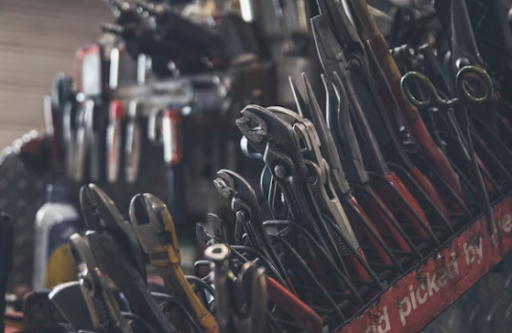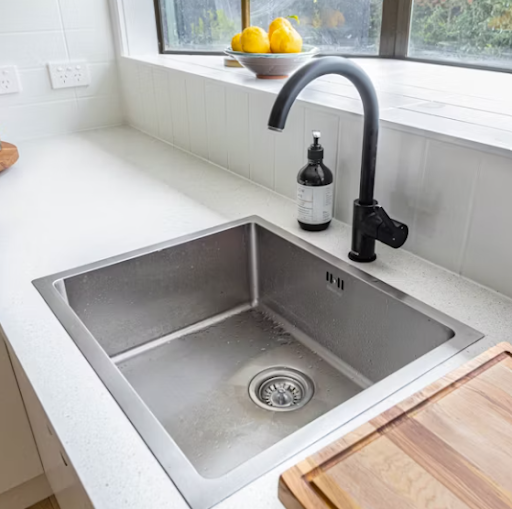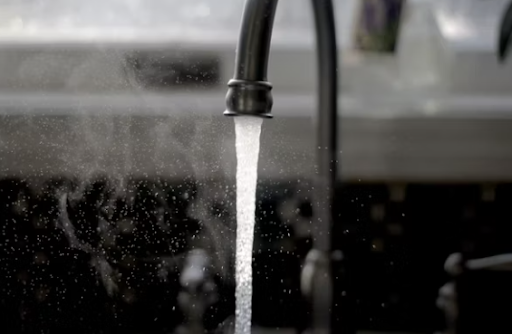March 14, 2025
Does a Plumber Replace a Water Heater?
When your water heater stops working or reaches the end of its lifespan, you may wonder who you should call to handle the replacement. The answer is clear: a licensed plumber is the professional you should hire to replace a water heater. Plumbers have the training, experience, and expertise to ensure a safe and compliant installation, preventing potential issues that could arise from improper installation.
Below, we’ll discuss why hiring a plumber is the best decision for replacing your water heater.
Safety and Compliance
Replacing a water heater is more than just swapping out an old unit for a new one. The water heater installation service must meet specific safety standards and local plumbing codes. Plumbers are trained in these regulations, ensuring that the new water heater is installed correctly and complies with all necessary requirements.
- Gas Water Heaters: Installing a gas water heater involves connecting gas lines, which can be dangerous if done incorrectly. Improper installation can lead to gas leaks, carbon monoxide exposure, or even explosions.
- Electric Water Heaters: These require proper electrical connections, and an experienced plumber knows how to safely wire them to prevent electrical hazards.
- Venting Systems: Proper ventilation is crucial for gas-powered water heaters to prevent carbon monoxide buildup. Plumbers ensure the venting is correctly installed and functioning.
- Pressure Relief Valve Installation: The temperature and pressure relief (TPR) valve is a critical safety feature that prevents excessive pressure buildup inside the tank. A plumber ensures that this component is installed correctly to avoid potential water heater failures.
Expertise in Various Water Heater Types
Water heaters come in different models, and a plumber’s expertise ensures that the unit you choose is installed correctly, regardless of its type. Here are the main types of water heaters a plumber can install:
- Traditional Tank Water Heaters: These store and heat water in a tank, usually using gas or electricity. Plumbers ensure proper water line and heating element connections.
- Tankless Water Heaters: These heat water on demand, requiring specialized installation that includes adjusting water pressure, gas lines, and electrical connections.
- Hybrid Water Heaters: Combining traditional storage with heat pump technology, these require precise setup to maximize energy efficiency.
- Solar Water Heaters: Some plumbers specialize in installing these environmentally friendly units that rely on solar panels and backup systems.
Because each type has unique installation requirements, a professional plumber can ensure the unit is properly set up for optimal efficiency and longevity.
Permitting and Inspections
Water heater installation often requires permits to comply with local building codes. This process ensures that the work is performed safely and correctly. Hiring a plumber can save you the hassle of navigating these requirements.
- Permit Acquisition: A licensed plumber is familiar with the necessary permits and will obtain them before starting work.
- Inspections: Many jurisdictions require an inspection after installation to confirm compliance with safety standards. Plumbers can schedule and coordinate these inspections on your behalf.
- Avoiding Fines or Reinstallation: DIY installations or hiring unlicensed individuals can lead to code violations, potentially resulting in fines or the need for costly reinstallation.
By hiring a plumber, you ensure that all legal requirements are met, preventing any issues down the road.
Insurance Protection
Another advantage of hiring a professional plumber is the insurance coverage they carry. Installing a water heater involves risks, including potential damage to your property and personal injury. A licensed plumber’s insurance provides protection in several ways:
- Liability Coverage: If something goes wrong during installation, their insurance covers damages, preventing you from having to pay for repairs.
- Worker’s Compensation: If a plumber is injured while working on your property, their insurance covers medical costs, protecting you from liability.
- Warranty Protection: Many professional plumbers offer warranties on their workmanship, giving you peace of mind in case any issues arise after installation.
Troubleshooting and Repair Services
Before replacing your water heater, a plumber can assess whether repair is a viable option. In some cases, fixing a component can extend the life of your unit, saving you money. Here are some common problems a plumber can diagnose and repair:
- No Hot Water: This could be caused by a faulty thermostat, heating element, or pilot light issue.
- Leaking Tank: Small leaks might be repairable, but if the tank is corroded, replacement is necessary.
- Strange Noises: Banging or rumbling noises often indicate sediment buildup in the tank, which a plumber can flush out.
- Discolored or Smelly Water: A plumber can determine whether an anode rod replacement or another repair is needed.
If repair isn’t feasible, a plumber will guide you through the replacement process and recommend the best water heater for your needs.
Professional Guidance and Service
Selecting and installing a new water heater isn’t just about replacing an old unit. A plumber can provide valuable guidance to ensure you get the best model for your home’s hot water needs. Here’s how they can help:
- Sizing the Water Heater: Plumbers assess your household’s water usage to recommend the correct size and capacity.
- Energy Efficiency Recommendations: They can advise on high-efficiency models that reduce energy costs.
- Installation Best Practices: Ensuring proper placement, insulation, and maintenance to maximize the unit’s lifespan.
- Post-Installation Support: Some plumbers offer ongoing maintenance services to keep your water heater running efficiently for years.
Why You Shouldn’t DIY Water Heater Replacement
While it may be tempting to save money by installing a water heater yourself, this is not advisable for several reasons:
- Risk of Gas Leaks or Electrical Issues: Incorrect connections can lead to dangerous gas leaks or electrical hazards.
- Improper Ventilation: A poorly vented water heater can cause carbon monoxide poisoning.
- Code Violations: DIY installations may not meet local regulations, leading to legal and safety issues.
- Voiding Warranty: Many manufacturers require professional installation for the warranty to remain valid.
- Potential Property Damage: Incorrect installation can lead to flooding, mold growth, or structural damage.
By hiring a plumber, you avoid these risks and ensure a safe, professional installation.
Conclusion
Yes, a plumber does replace water heaters, and hiring one is the best decision to ensure a safe, efficient, and compliant installation. Plumbers have the expertise to handle various types of water heaters, navigate permitting and inspections, carry insurance for added protection, and provide professional troubleshooting and guidance.
If you need a new water heater, don’t take unnecessary risks with DIY installation. Instead, contact a licensed plumber to ensure the job is done correctly, giving you peace of mind and reliable hot water for years to come.


